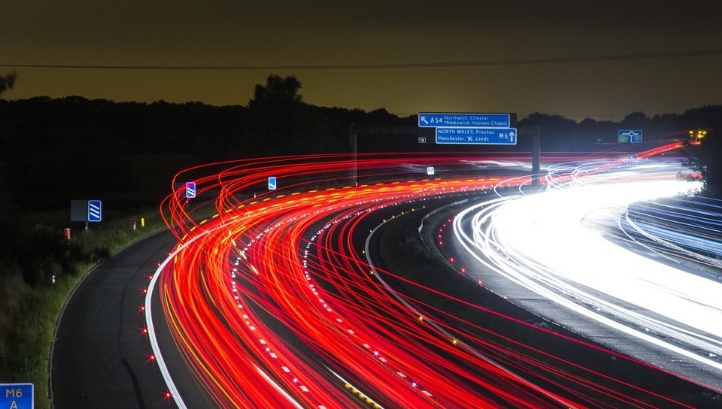The UK’s Department for Transport (DfT) is “going rogue” on climate change issues by “side-lining” emissions reductions in its strategies and projects, Friends of the Earth has claimed.

Friends of the Earth argue that electrification alone is not enough, and that changes to consumer behaviour and new planning mechanisms to prepare for all forms of low-carbon mobility must now be implemented
In a new report entitled “getting the Department for Transport on the right track” and published today (24 May), the green campaign group accuses the DfT of continuing to pursue high-carbon projects such as new roads or road expansions, over lower-carbon alternatives.
By doing so, the report argues, the DfT is failing to give Highways England and local councils a best-practice example to follow for decarbonising local transport networks in line with the Climate Change Act (CCA) or the Paris Agreement.
More broadly, Friends of the Earth is accusing the DfT of implementing policy frameworks which prioritise short-term economic development and congestion reduction over long-term carbon cuts. Such frameworks, it claims, include the Transport Investment Strategy, Major Road Networks guidance and Strategic Transport Plans of the Sub-national Transport Bodies.
The group does acknowledge the introduction of more climate-focused policies in recent times, including the Clean Growth Strategy and Road to Zero, but argues that these place too much focus on the uptake of small electric vehicles (EVs) and not enough on reducing individual road journeys altogether.
“The world has woken up to the urgency of the climate crisis and people are rightly demanding action, but it seems that the DfT isn’t just stuck in the slow lane, but has completely veered off course,” Friends of the Earth’s head of science Mike Childs said.
“Transport is the single largest climate emitter in the UK – and this government’s obsession with road-building and backing for airport expansion is making things worse. Unless the DfT acts quickly to get back on track, we can add failing on climate change to Grayling’s disastrous legacy in charge.”
Responding to Childs’s comments and the report’s accusations, a DfT spokeswoman said they were “absolute nonsense”.
The spokeswoman argued that DfT’s Transport Analysis Guidance (TAG) does not prioritise social or economic improvement over reducing the environmental impact of any one project or transport sub-sector, adding that its TAG is dependent on the Department for Business, Energy and Industrial Strategy’s (BEIS) recommended greenhouse gas values, which are aligned with the CCA.
“We recognise that transport currently emits more greenhouse gases than any other sector of the economy, which is why we are driving forward plans to deliver the cleaner, greener transport that Britain needs, including by ending the sale of new conventional diesel and petrol cars and vans by 2040,” she concluded.
Key recommendations
While the first half of the Friends of the Earth report, researched by NGO Transport Quality of Life, highlights what the group believes are past wrongdoings of the Department, the latter pages outline a string of changes it would like to see implemented.
It recommends that the DfT should set its own carbon budget – placed on an equal footing with its financial budget – and draw up a plan outlining how it will keep within these limits for both road transport and aviation. Local authorities should also be encouraged to set their own carbon budgets, Friends of the Earth claims.
The report additionally calls for Highways England to be “repurposed” in order to drive a focus on reducing individual road journeys rather than building new road capacity. If this move is completed, the document states, no more roads would be built unless they were consistent with the CCA.
The recommendations come after the UK’s transport emissions rose by 2% last year, as total national emissions fell slightly. The DfT did not comment on whether it would make, or consider, any of these changes in its response to the report.
Sarah George
